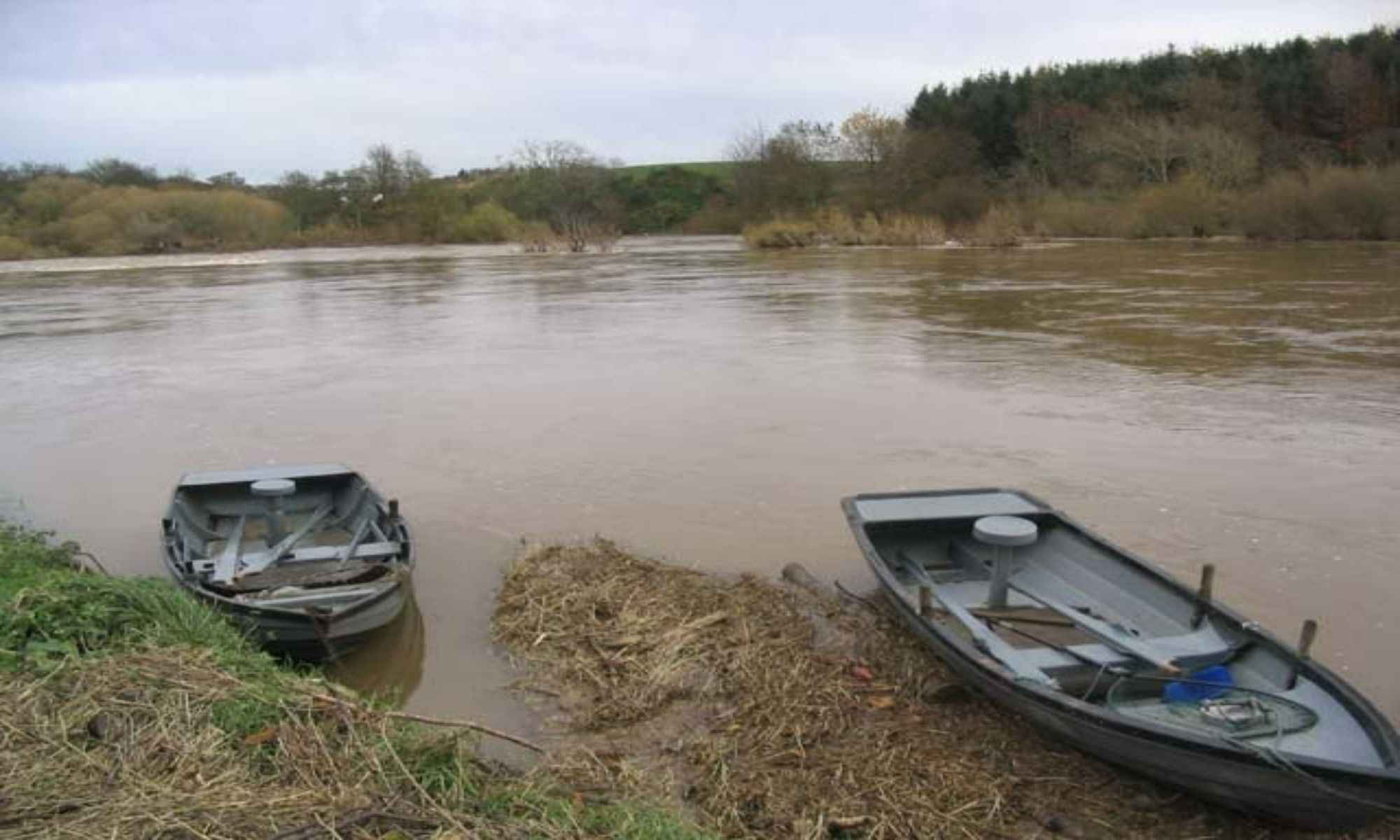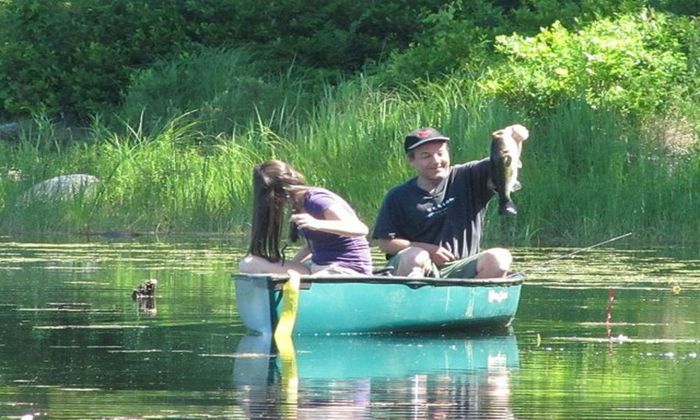Benefits of Floods on Fishing
Learn all about the unexpected benefits of floods in fishing, plus tips on fishing in flooded waters.

For humans, flooding can mean a slew of negative things. At best, it is a minor inconvenience that can slow down traffic or cancel an outdoor game. At worst, it is a destructive catastrophe that can claim lives and destroy properties. But what does it mean for our beloved fish and the waterways they call home? What can flooding do to places that already have water in them in the first place?
In this article, we’ll share the various impacts of flooding on fish, fishing waterways, the act of fishing itself, how anglers can benefit from floods, and tips on maximizing your fishing experience in flood waters.
Effects of Flood on Fish and Waterways

Are floods suitable for fish? The definitive answer is — it depends. Fish have evolved through the years to thrive in and withstand changing weather conditions. However, there are still conditions brought about by heavy rains and flooding that can kill fish.

Generally speaking, flooding does benefit fish and waterways. A good flood can create new habitat for fish and other wildlife. Flooding causes seasonal wetlands, islands, and channels to form, providing new homes for many animals and creating deeper pools and essential sanctuaries for fish during the hot summer months. Flooding cleans silt and sand from gravels, benefiting drift-feeding fish such as minnow and trout. Silt-free gravel also helps the spawning of many fish species.
Flooding also forms river floodplains, or the dry land areas adjacent to rivers that are a spillover of the swelling rivers during floods. Natural floodplains are important to an area’s ecology. They can protect humans by acting as flood protection while naturally filtering for pollution and boosting the soil fertility in the area.
Spring rains signal the beginning of spawning certain species. During flooding, many fish swim upstream toward the floodplain. Spawning fish use these shallow areas as a nursery habitat for their eggs, where they are safe from predators.
These floodplains form oxbows — U-shaped streams that mark the flow of a river. These oxbows are necessary for the survival of many slow-water game fish such as bluegill, crappie, and largemouth bass, as these are where they congregate and take refuge during floods.
As rains cause water to flow downstream, woody materials such as logs become part of the stream bed, offering shelter for young and grown fish. The river flow caused by flooding can also release nutrients into the water, including forage for fish. The rush of water can help spread sediment that brings nutrients to fertilize topsoil.
While flooding can benefit fish and waterways, it can sometimes have ill effects. Some fish die after rainfall due to a lack of oxygen. Rains and floods change the salinity of waterways, resulting in low oxygen levels. Low oxygen levels mean the death of fish and their live food, such as worms. In many riverside areas with huge development, soil erosion has also become a problem. Massive rain and soil erosion can drive harmful contaminants such as chemicals and pesticides into waterways, affecting the water quality and destroying much marine life and fish populations.

Furthermore, man-made structures such as levees, floodwalls, and dams built to protect humans from flooding can worsen flooding. A levee, an engineered system created to prevent flood overflows, can still be destroyed by flooding over a long period. By separating a river from its floodplain, a levee can adversely affect the health of this crucial ecosystem while also blocking the passage of nutrients downstream.
Why Fishing Can Be Good after a Flood
That being said, a seasonal and healthy amount of periodic flooding can still benefit fish and waterways. But what effect does a good flood have on fishing? Many anglers have found that waterways after a flood can lead to exciting and productive fishing opportunities. Finding them in the water is easier because they will congregate in a safe and sheltered area. And once the water has settled, you can be sure to find fish following the better water cleared by the flood.
Tips on How to Fish in Flooded Waterways
Fishing in flooded waterways can pose a new and exciting challenge for anglers. As long as you’re willing to change your mindset about fishing and are adaptable, you should have a productive time fishing in flooded waters. Follow these practical tips to ensure an enjoyable and productive time fishing in flooded water.
1. Practice Caution
Wear footwear with grip soles, a lifejacket, or a buoyancy aid, avoid slippery banks and don’t get too close to the currents. Better still, have company for your safety.
2. Know Where the Fish Hide
Don’t cast in a rushing torrent. Think about where fish might hide from the onslaught of rising water, and you’ll most likely find them there. Go for undercut banks, bends, and obstructions that offer shelter. Marinas and connected canals are worth looking into as well. Find other natural materials like wood logs and small plants driven into the stream bed. Making use of digital technology can’t hurt either. A peek into Google Earth after a flood should clue you in on newly submerged spots that can hold bass and other fish species.
3. Look for the Calm Parts of the Flooded River
Fish do not swim against the current during heavy rain to conserve energy. A savvy angler can then eliminate the parts of the water with heavy current and head straight to the areas where the waters are calm. Such areas include eddies formed by fallen trees or rocks that block the current.
4. Use Worms and Attention-Grabbing Baits
Worms are the most usual floodwater forage for fish as they are familiar to fish and are their expected forage during high water. Chopping them up will bring out their scent, which is important when fishing in muddy floodwater.
If you don’t feel like using worms for bait, then make sure to use ones that fish can find in muddy water. Use large ones that vibrate and move.




